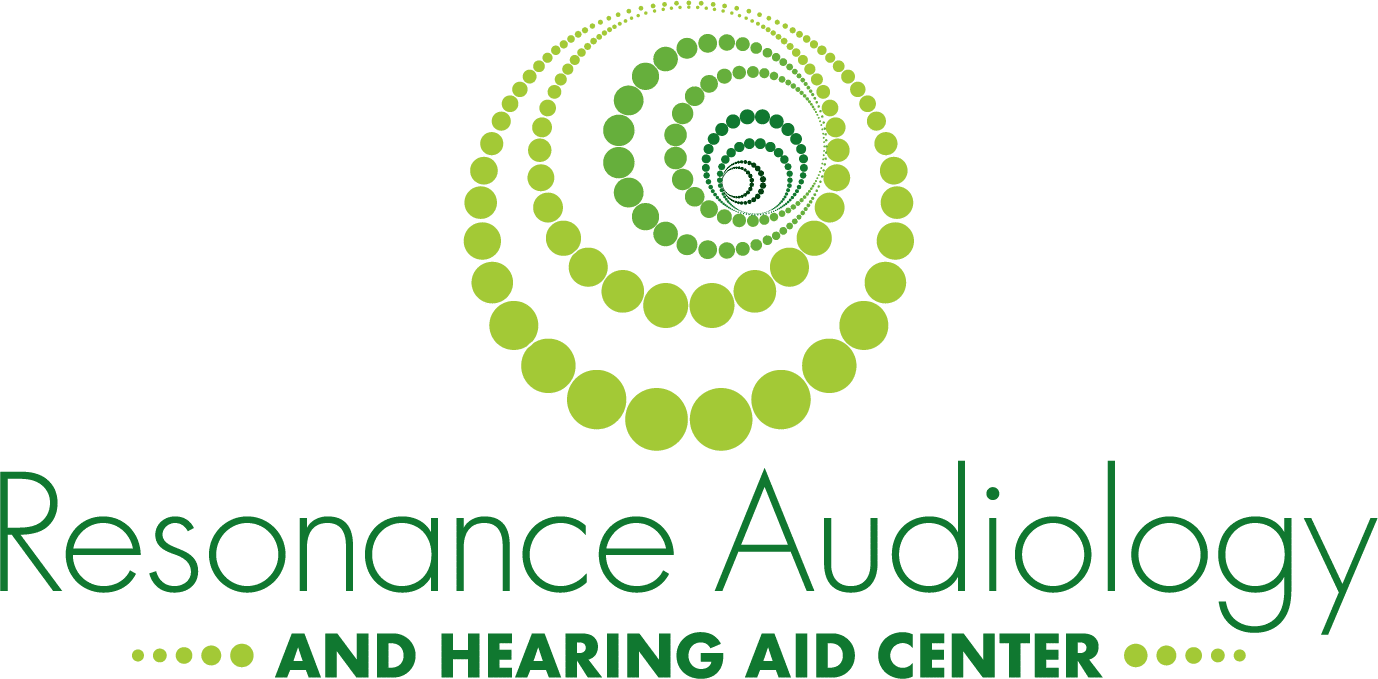10 Myths About Hearing Loss
According to the National Institute on Deafness and Other Communication Disorders, only about one out of five people who would benefit from a hearing aid actually use one.
As professional hearing care experts and enthusiasts, we wanted to help dispel some myths and misunderstandings about the deaf and those with hearing loss.

For those of you who are ready to begin a better-hearing journey, we hope this article can help you gain confidence in taking the next step.
And for everyone else who may benefit from learning more about the hearing loss misconceptions – here are the 10 myths debunked:
- Hearing Loss Is Rare
Actually, chances are someone close to you has some degree of hearing problems. It has been estimated that 20 million Americans suffer from some degree of hearing disorder.
Unfortunately, many people are reluctant to face the issue, and associate wearing a hearing aid with shame. The reality is – it’s a shame not to be in touch with people around you.
- Hearing Loss Only Affects The Elderly
More than half the people with hearing impairment are actually under the age of 65. It can affect people of all ages.
The fact is, even babies get fit with hearing aids, as well as many younger and middle-aged people.
- If I Had Hearing Impairment, I’d Definitely Know About It
Hearing loss tends to happen gradually and often over many years. The signs may be subtle in the beginning, and friends and family are often the ones to notice first.
Since humans have built-in defenses and ability to adapt to subtle changes, gradual hearing loss can go unnoticed until it becomes advanced; also, there’s often denial with many patients.
A simple hearing test can help with awareness about the hearing difficulty, and professional screening offers more definitive answers.
- Living With Reduced Hearing Is Not A Big Deal
Unfortunately, there are many aspects of our lives that get affected by reduced hearing.
Psychological effects include frustration, withdrawal, and depression, while social aspects involve difficulty communicating with others, misunderstandings, etc., creating a strain on relationships and a loss of self – esteem.
Addressing hearing loss is much more beneficial than being in denial that it’s happening, or ignoring the effect it’s having on our own selves and those around us.
Those close to us may also be so relieved to learn that the troubles they may have been experiencing in communicating with us are just a result of a medical condition.
- Hearing Loss Cannot Be Helped
Well, this is a myth now that was probably true thirty or forty years ago.
Today, hearing loss that happens with age or exposure to noise can be helped with technically advanced hearing aids. As a matter of fact, latest treatments can improve up to 90% of hearing losses.
- Hearing Aids Are Too Obvious And Unsightly
There may not be a whole fashion industry for hearing aids like there is for glasses, for instance, yet new technology creates countless fits for all lifestyles.
Modern hearing aids range from receiver-in-the-canal to those that are designed to be virtually invisible. You can choose an aid that is either discreetly tucked inside the ear or almost completely hidden in the ear canal, and behind-the-ear styles are often concealed by hairstyles.
As a matter of fact, hearing impairment can be far more noticeable than a hearing device!
- I Only Have Trouble Hearing Certain Sounds, So No Need For Hearing Aid
Hearing loss means a loss of certain sounds. Your hearing care professional will program your hearing aid to amplify the sounds you’re missing and enhance the intact hearing.

- Good Hearing Aids Are Too Expensive
Even the very best hearing aids are within the reach of most people, either through medical insurance or financial assistance, such as those available through social welfare grants and income tax rebates. Some private health insurance plans also cover the partial cost of a hearing aid.
Your hearing aid is an investment into your well-being and improved lifestyle.
- I Can Hear In One Ear, So I Only Need One Hearing Aid
The fact is most types of hearing loss will affect both of your ears almost equally, but when one ear is slightly better, we learn to favor it for the phone or live conversations, giving us the illusion that the better ear is perfectly ok when it isn’t.
Statistics show that about 90% of patients are in need of hearing aids for both ears.
- Buying Hearing Aids Online Saves Time And Money
In some states, actually, you cannot buy hearing aids through the mail – because your new aid needs to be custom fitted and tested to ensure it’s properly working, and Federal Trade Commission warns consumers that “buying a hearing aid online or through the mail is risky”.
By working with proficient hearing care professionals, you are first and foremost getting professional care and services, starting with tests such as hearing frequency test, as well as the suitable hearing aid, proper programming and fitting, plus the follow-up services.
Dr Zoe Horan is here to help you with a hearing test in Lancaster, PA, and selecting and dispensing the hearing device best fitted to your personal, professional, cosmetic and financial needs.
Contact Resonance Audiology & Hearing Aid Center, LLC today at one of our two offices in New Holland and Lancaster, PA and learn more about hearing loss and the superior hearing healthcare and treatment solutions for you or your loved one.
